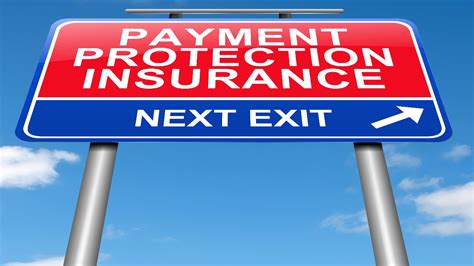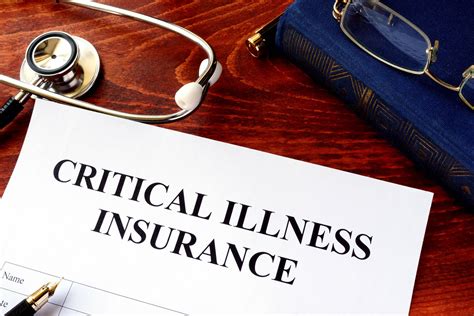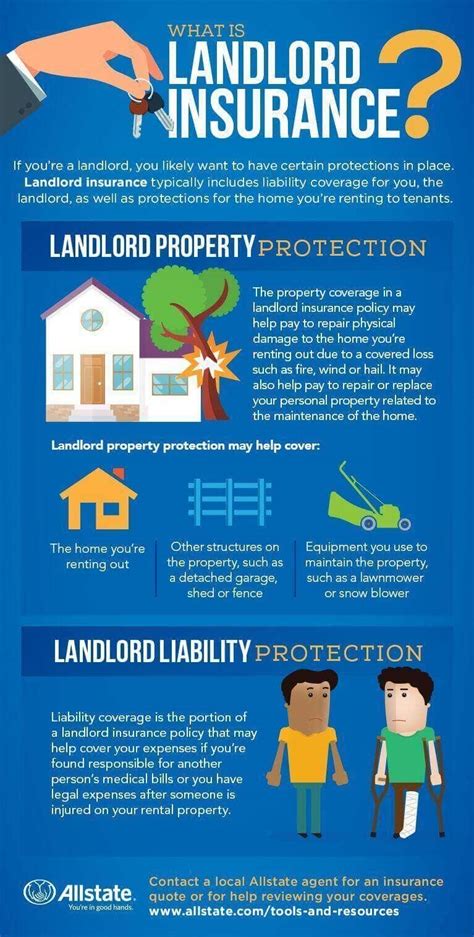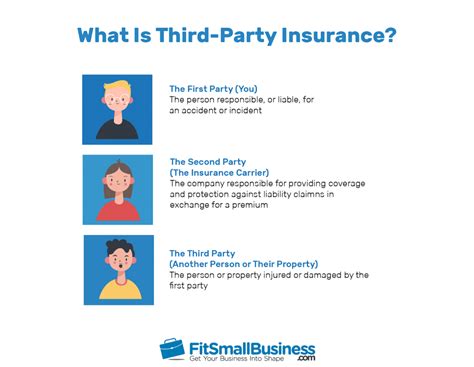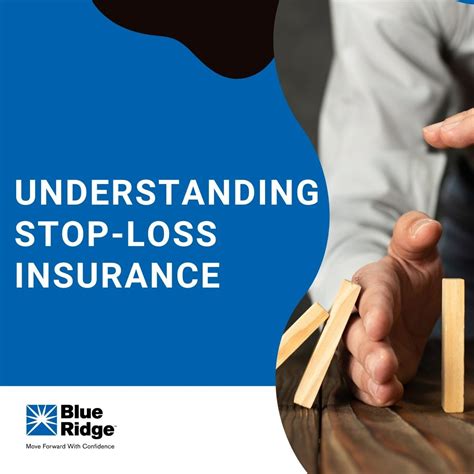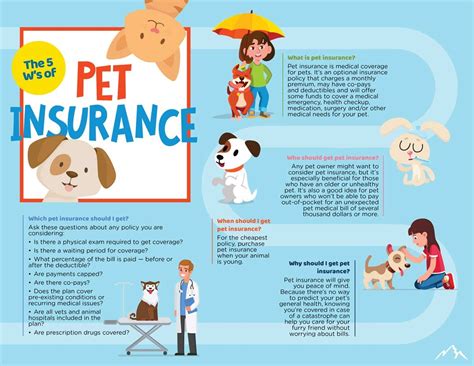Learn about the importance of Payment Protection Insurance, how to claim PPI, and misconceptions surrounding it. Understand its impact on consumers and its future.
Understanding Payment Protection Insurance
Contents
Payment Protection Insurance is a type of insurance designed to protect consumers in the event that they are unable to meet their loan or credit card repayments due to unforeseen circumstances such as illness, redundancy, or accident. PPI policies are often sold alongside loans, credit cards, and mortgages to provide peace of mind and financial security to the borrower.
Many consumers mistakenly believe that PPI is a mandatory requirement when taking out a loan or credit agreement, but this is not the case. In fact, the sale of PPI has been the subject of controversy and widespread mis-selling by financial institutions in the past. It is important for consumers to understand what PPI is, and whether or not it is a suitable product for their individual circumstances.
Contrary to popular belief, PPI does not cover all types of loans or credit agreements. For example, PPI usually does not cover self-employed individuals, students, or retirees. It is crucial for consumers to carefully read the terms and conditions of PPI policies to ensure that they are eligible for coverage in the event of unforeseen financial difficulties.
One of the key features of PPI is that it provides a safety net for borrowers who may struggle to meet their financial commitments due to unforeseen circumstances. However, it is important for consumers to weigh up the cost of PPI against the potential benefits it offers, as PPI policies can be expensive and may not always provide adequate cover.
Common Misconceptions about PPI
There are several misconceptions about Payment Protection Insurance (PPI) that have spread over the years, leading to confusion and frustration among consumers.
One common misconception is that PPI is mandatory when taking out a loan or credit card. This is not true. PPI is an optional insurance product that is meant to provide financial protection in case the borrower is unable to make repayments due to illness, unemployment, or other unforeseen circumstances.
Another misconception is that PPI only covers the policyholder for a limited period of time. In reality, PPI policies vary in coverage duration, and the terms and conditions should be carefully reviewed before purchasing. It’s important to note that PPI may not cover pre-existing medical conditions, so it’s essential to disclose any relevant health information during the application process.
Some consumers believe that PPI is unnecessary or a scam, as they have heard negative stories about mis-selling and misrepresentation of the product. While there have been cases of PPI being mis-sold in the past, this doesn’t negate the genuine value that PPI can provide to those who may benefit from the protection it offers.
Lastly, many people assume that claiming PPI is a complicated and time-consuming process. While there may be challenges in some cases, individuals have the right to seek compensation if they were mis-sold PPI or if they were not made fully aware of the terms and conditions at the time of purchase.
Importance of PPI for Consumers
Payment Protection Insurance, commonly known as PPI, plays a crucial role in providing financial protection to consumers. It serves as a safety net for individuals who may find themselves unable to make loan or credit card payments due to unforeseen circumstances such as illness, redundancy, or accident. This type of insurance provides peace of mind to consumers, knowing that they have a safety net in place to help them meet their financial obligations during challenging times.
Having PPI in place can offer consumers a sense of security and stability, especially when faced with unexpected financial hardships. The policy can provide a much-needed financial cushion, allowing individuals to focus on recovering from their situation without the added stress of worrying about how they will manage their debt payments. This can be especially beneficial for those with significant financial responsibilities, such as mortgage payments, who may struggle to make ends meet in the event of unforeseen circumstances.
Moreover, PPI can be a valuable tool for individuals who may not have a substantial savings fund to fall back on in times of financial crisis. By having an insurance policy in place, consumers can mitigate the risk of falling into debt or facing severe financial hardship. The importance of PPI for consumers cannot be overstated, as it provides a crucial safety net and financial protection that can help individuals navigate challenging circumstances without facing significant financial repercussions.
It is important for consumers to fully understand the benefits of PPI and how it can provide them with the peace of mind and financial protection they need. By being aware of the importance of this type of insurance, individuals can make informed decisions about their financial security and take proactive steps to safeguard their financial well-being.
How to Claim PPI
If you have been mis-sold Payment Protection Insurance (PPI), you may be entitled to make a claim for compensation. PPI was designed to cover loan repayments if you were unable to work due to illness, redundancy, or other circumstances, but it was often mis-sold to consumers who did not need or want it.
To start the process of claiming PPI, you will need to gather all relevant documents related to the loan or credit agreement in question. This includes any statements, correspondence, and evidence of having been sold PPI. It’s important to have all the necessary paperwork on hand to support your claim.
Once you have organized your documentation, you can submit a claim to the lender who sold you the PPI. The lender is required to respond to your claim within a specific timeframe, and they may request further information or documentation to support your claim. It’s important to be thorough and responsive throughout this process.
If your claim is denied by the lender, or if you are not satisfied with the outcome, you have the option to escalate your complaint to the Financial Ombudsman Service. They will review your case independently and may overturn the lender’s decision, securing compensation on your behalf.
The Future of Payment Protection Insurance
Payment Protection Insurance (PPI) has been a topic of controversy in recent years, with many consumers feeling misled and misinformed about the policies they were sold. The future of PPI is uncertain, as new regulations and changes in the financial industry continue to impact the way these policies are marketed and sold.
One common misconception about PPI is that it is a mandatory product when taking out a loan or mortgage. However, this is not the case, and many consumers have been mis-sold PPI in the past. As a result, there has been a surge in PPI claims in recent years, leading to increased scrutiny and regulation of the industry.
As the financial landscape continues to evolve, the importance of PPI for consumers is also changing. While PPI was once seen as a safety net for borrowers, it is now viewed with skepticism and distrust. Many consumers are unsure about the value of PPI and whether it is worth the cost.
Despite the uncertainty surrounding the future of PPI, it is important for consumers to understand their rights and options when it comes to these policies. This includes being aware of the potential for mis-selling and the process for making a PPI claim if necessary.
In conclusion, the future of Payment Protection Insurance is uncertain, but it is clear that changes are on the horizon. Consumers should stay informed about their rights and options when it comes to PPI, and be aware of the potential for mis-selling and the process for making a claim.

